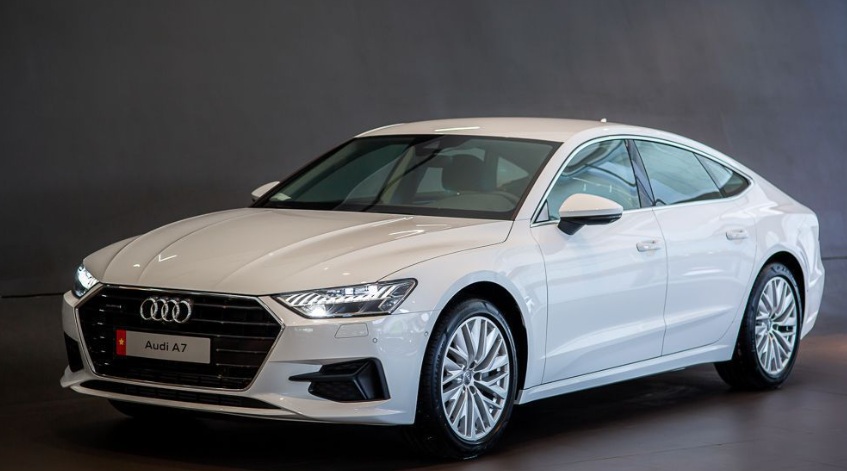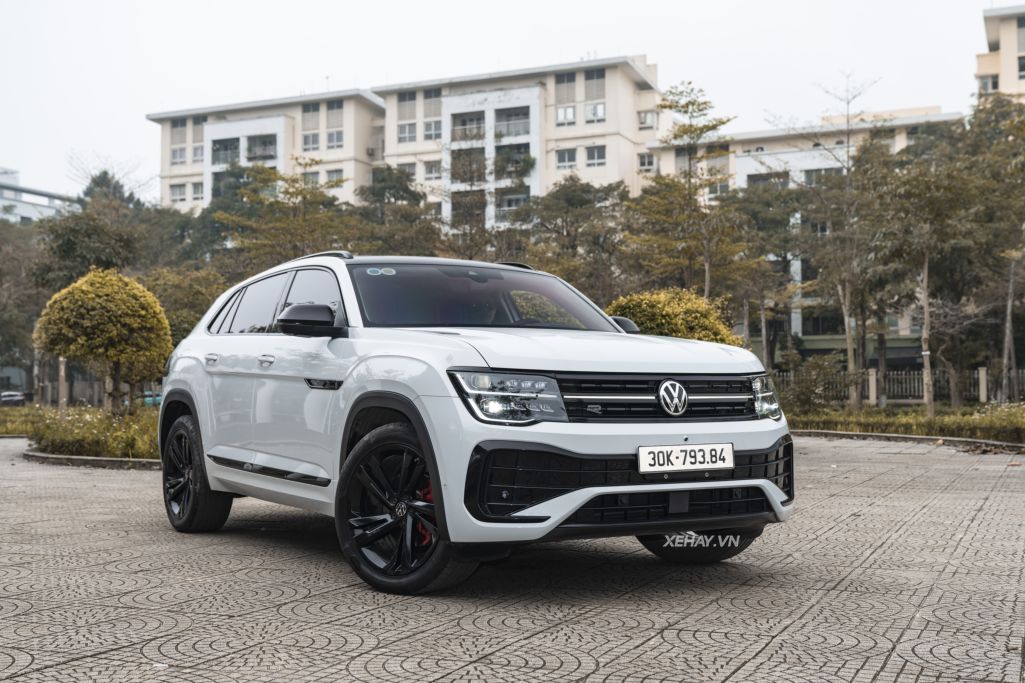As per the roadmap, by 2025, the import tax rate for cars from the European Union (EU) to Vietnam will be further reduced to 31.2% – 35.4%, applicable from January 1 to December 31.
According to the commitments in the EU-Vietnam Free Trade Agreement (EVFTA), Vietnam will open its market to imported cars from the EU. Specifically, Vietnam will cut taxes by an average of about 7% each year over 10 years, with taxes reduced to 0% after 10 years.
Cars fall under Group B9 (base tax rate to be eliminated after 10 equal reductions, once a year) and B10 (base tax rate to be eliminated after 11 equal reductions, once a year). The base tax rates for cars, as negotiated in EVFTA, are 78% (for cars with an engine capacity of less than 3.0L) and 74% (for cars with an engine capacity of 3.0L or more).
By 2025, import taxes on cars from the EU to Vietnam will be approximately 35.4% for cars with an engine capacity of less than 3.0L and 30% for cars with an engine capacity of 3.0L or more.
Currently, Vietnam still maintains imports of near-luxury and luxury car segments mainly from two regions, the EU and Japan.
From the EU, the brands include Skoda, Mercedes, Audi, Porsche, BMW, Land Rover, Lamborghini, and Ferrari, among others. Meanwhile, from Japan, there are Lexus, Subaru, Land Cruiser, and Toyota’s Alphard.
The change in import tax policy will not only impact selling prices but also influence consumption trends in Vietnam. Previously, car buyers tended to choose domestically assembled cars or imports from ASEAN countries due to their more reasonable prices. However, with the tax reduction, European, Japanese, and British car models will become more attractive, especially in the luxury and sports car segments.
Additionally, the reduction in import taxes on cars also poses challenges for domestic car assembly enterprises. As imported cars become more price-competitive, local manufacturers will need to improve quality, innovate technology, and optimize costs to retain customers.
As the tax reduction roadmap has been in place for a long time, European car brands have already formulated strategic plans for distributing their vehicles in Vietnam.
Specifically, from late 2023, the CEO of Audi in Vietnam revealed that Audi would not assemble cars in Vietnam but instead take advantage of the tariff preferences from the Vietnam-EU trade agreement for cars.
In early October 2024, Germany’s Mercedes-Benz AG established Mercedes-Benz Distribution Vietnam (MBDV), a distribution company with a capital of VND 6.7 billion, in Ho Chi Minh City. This move by Mercedes-Benz AG paves the way for their plans to restructure production and import cars from the EU into Vietnam.
From 2025 onwards, instead of importing cars from Thailand through Vietnam, Subaru will import cars directly from Japan.
European car brands have also been offering promotions and discounts equivalent to the reduction in registration fees for domestically assembled cars to stimulate demand and attract customers.
TH (Tuoitrethudo)

















































